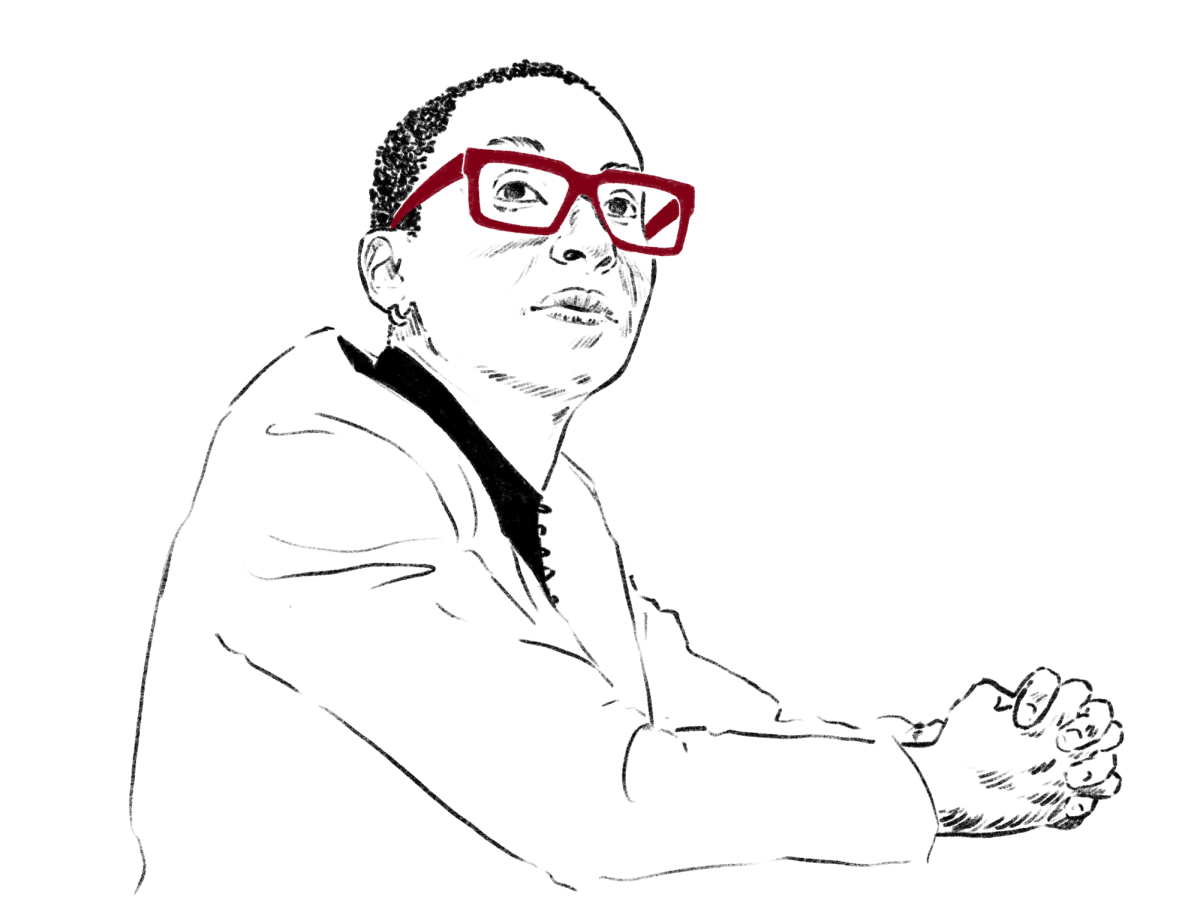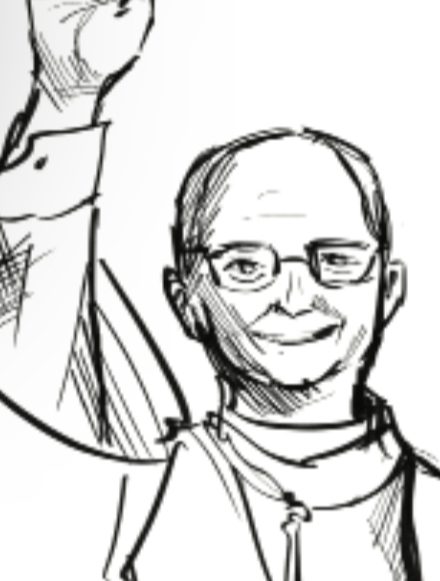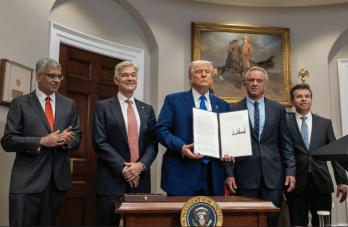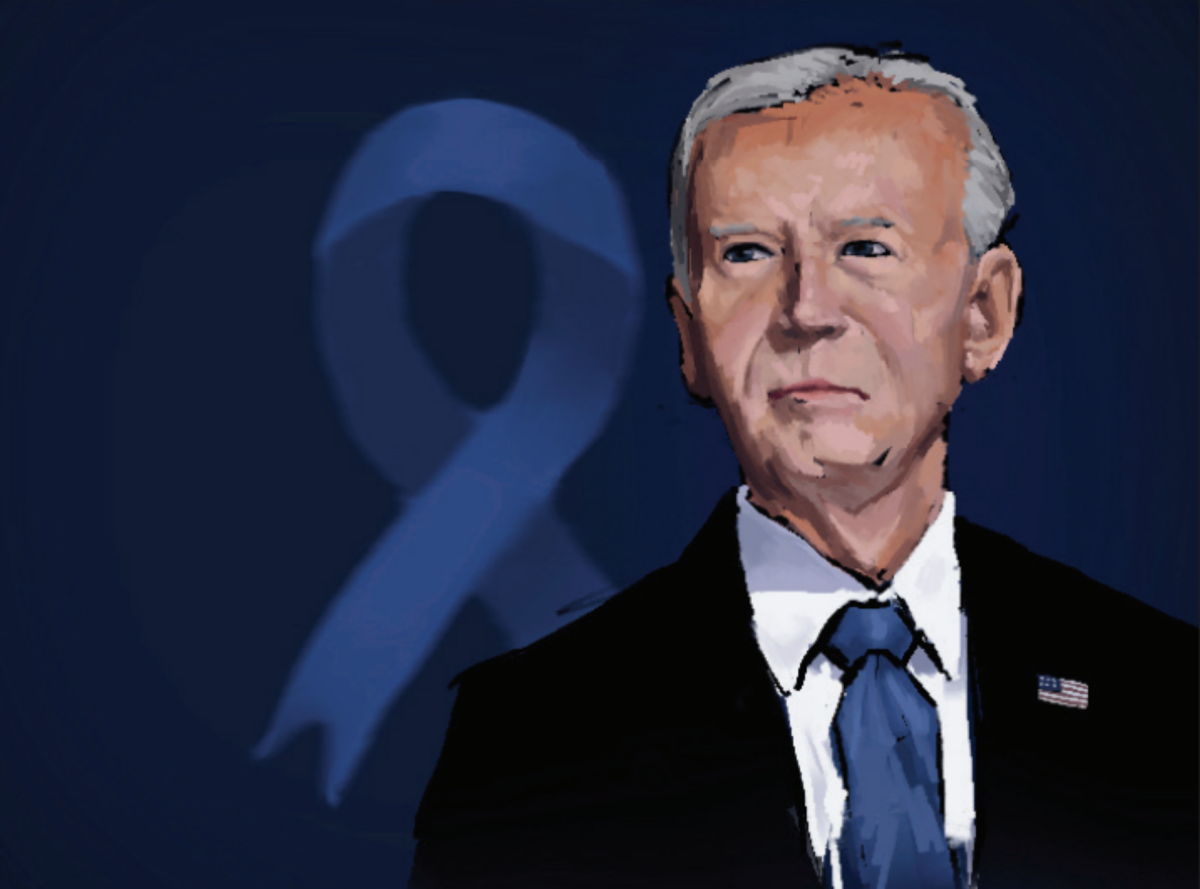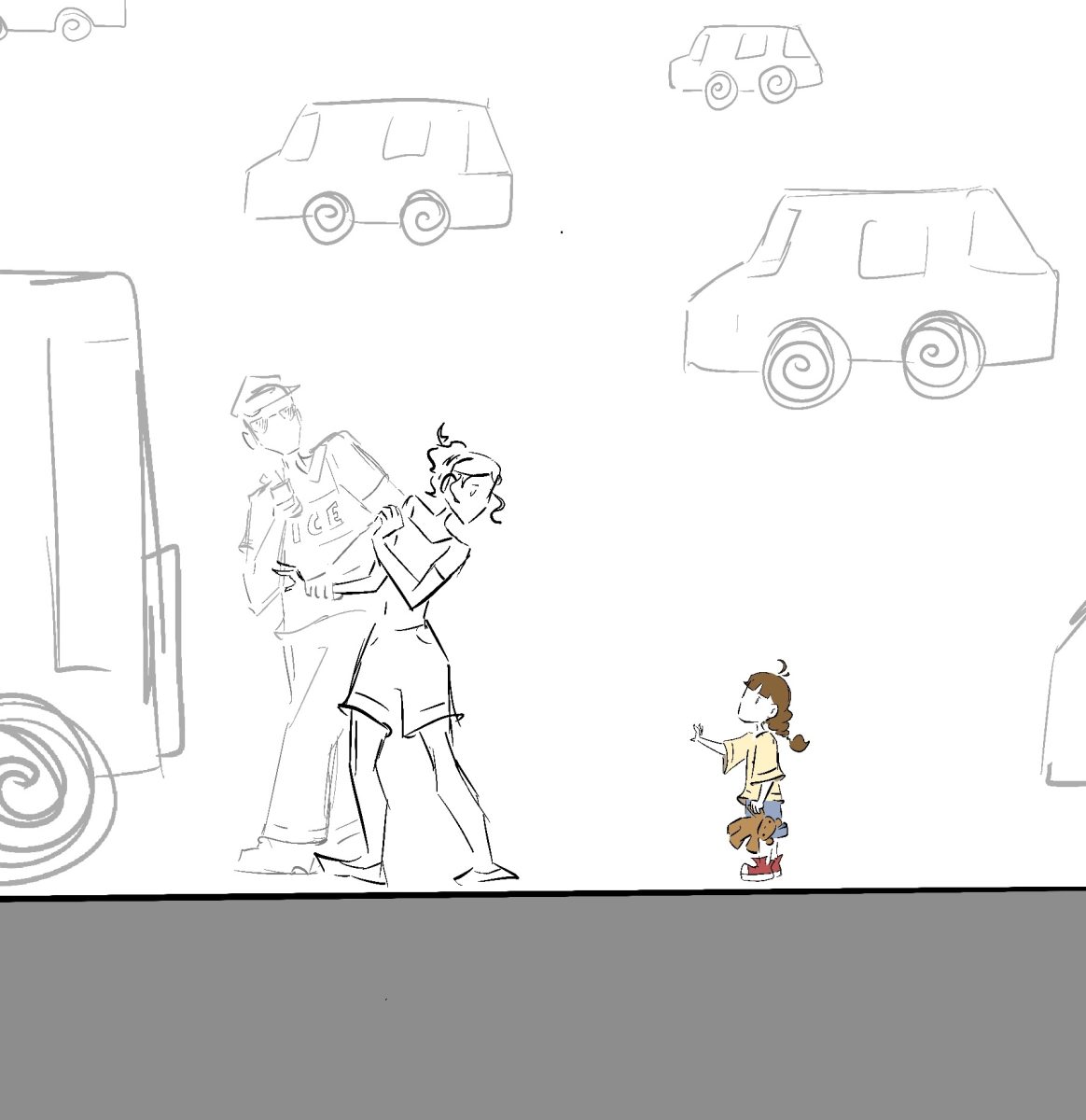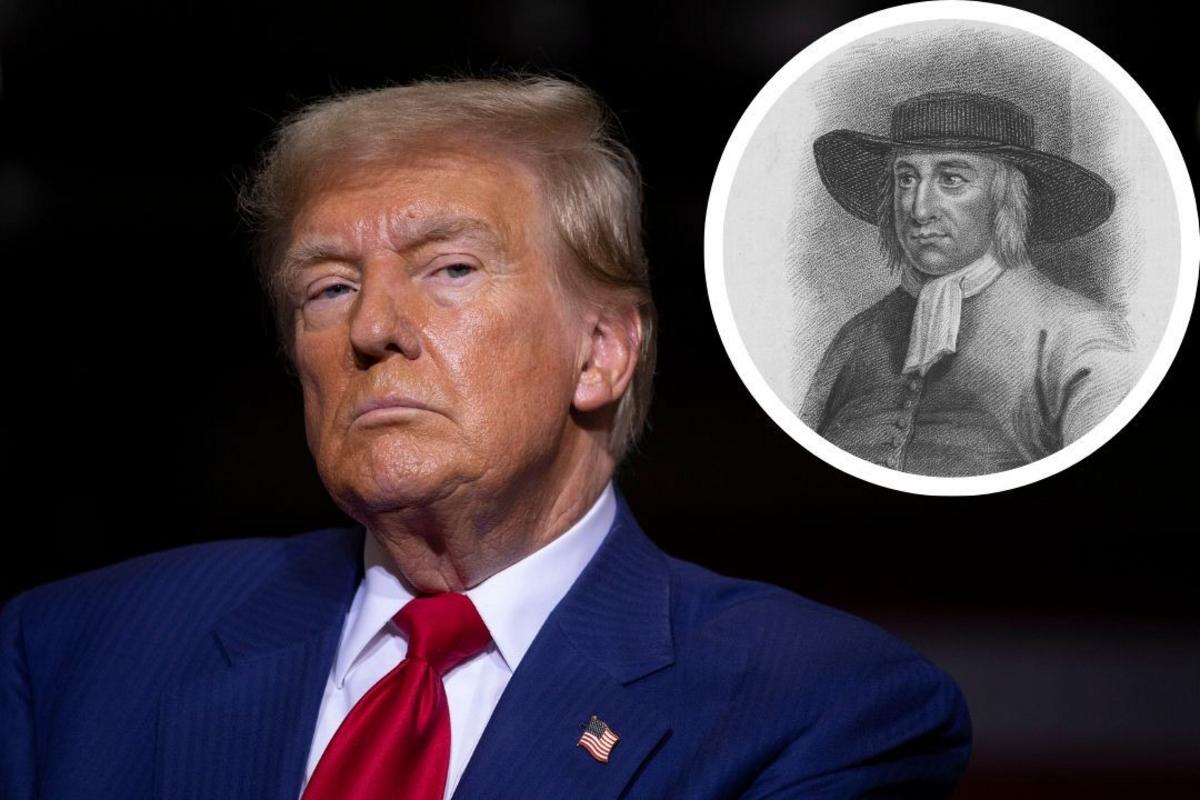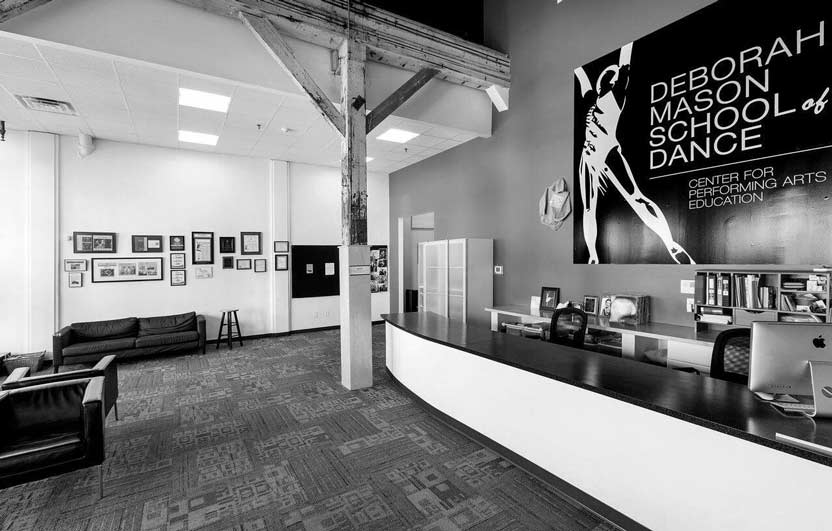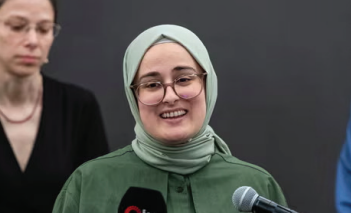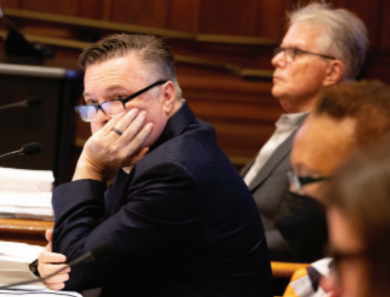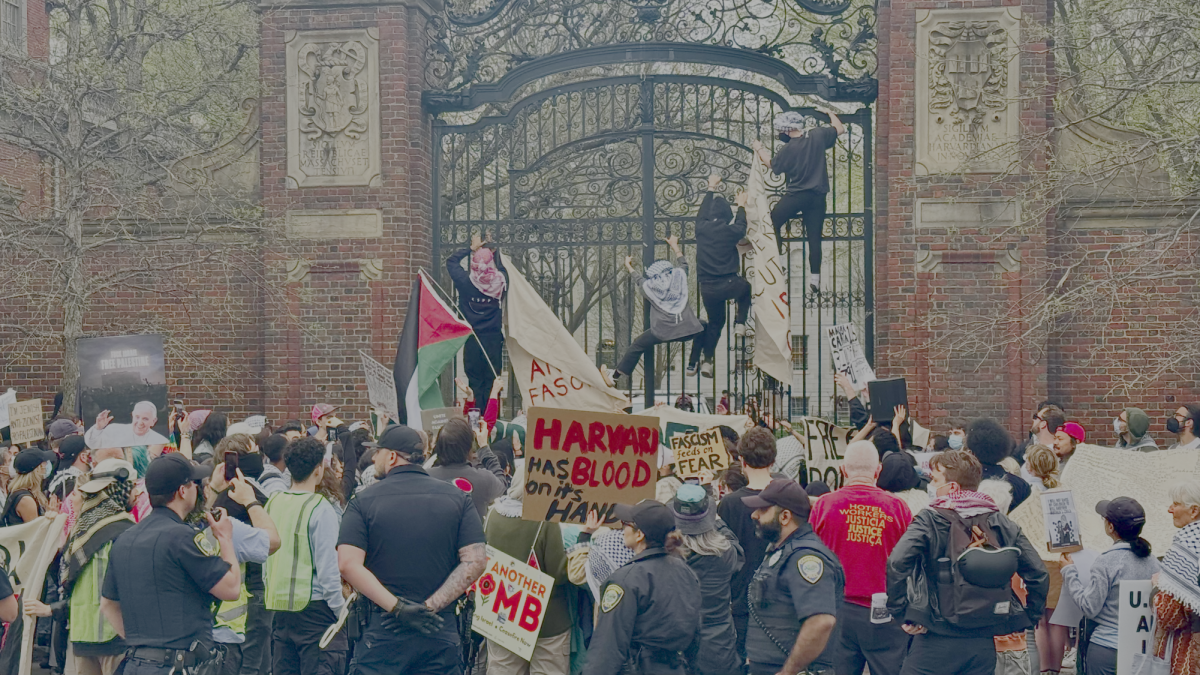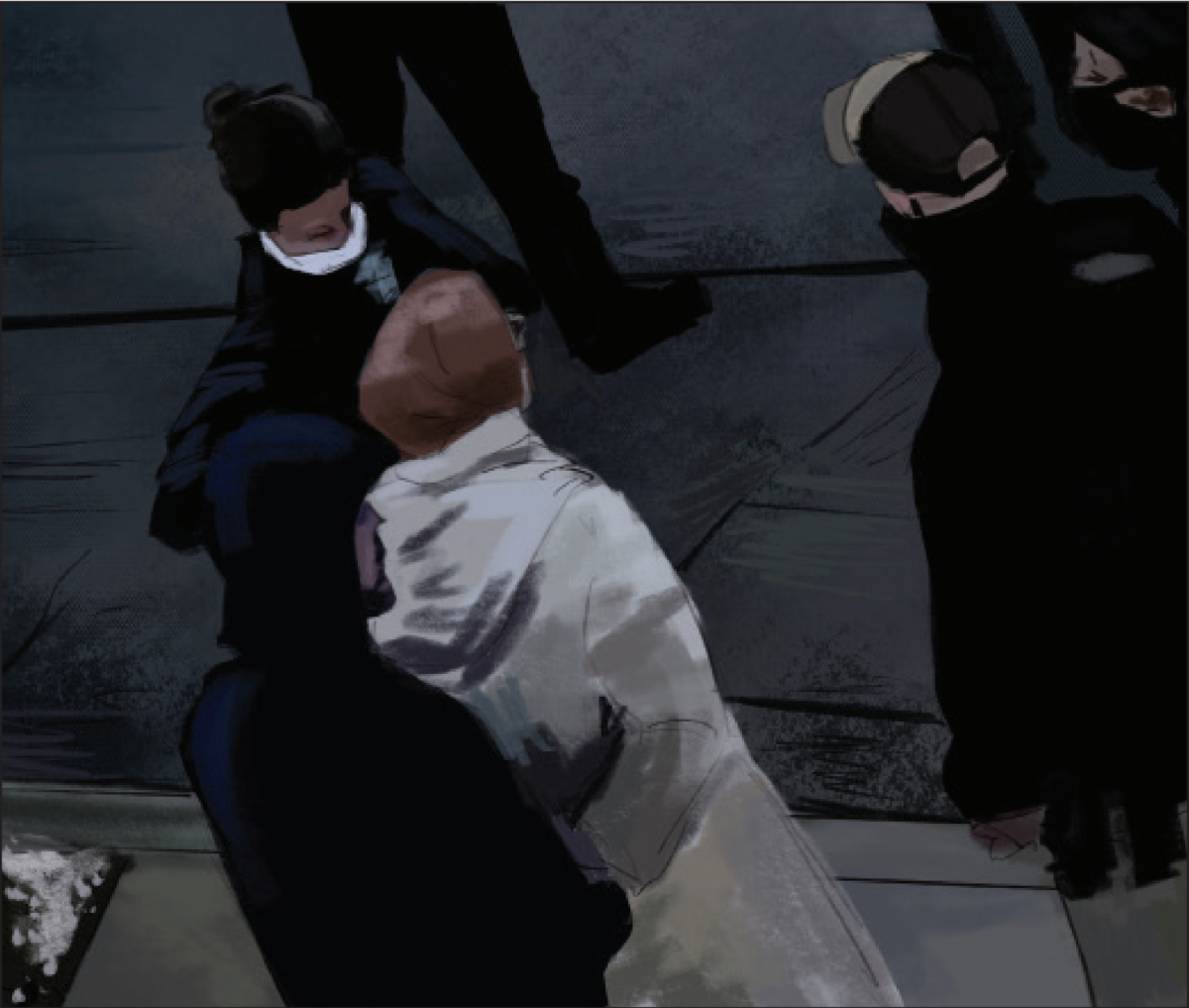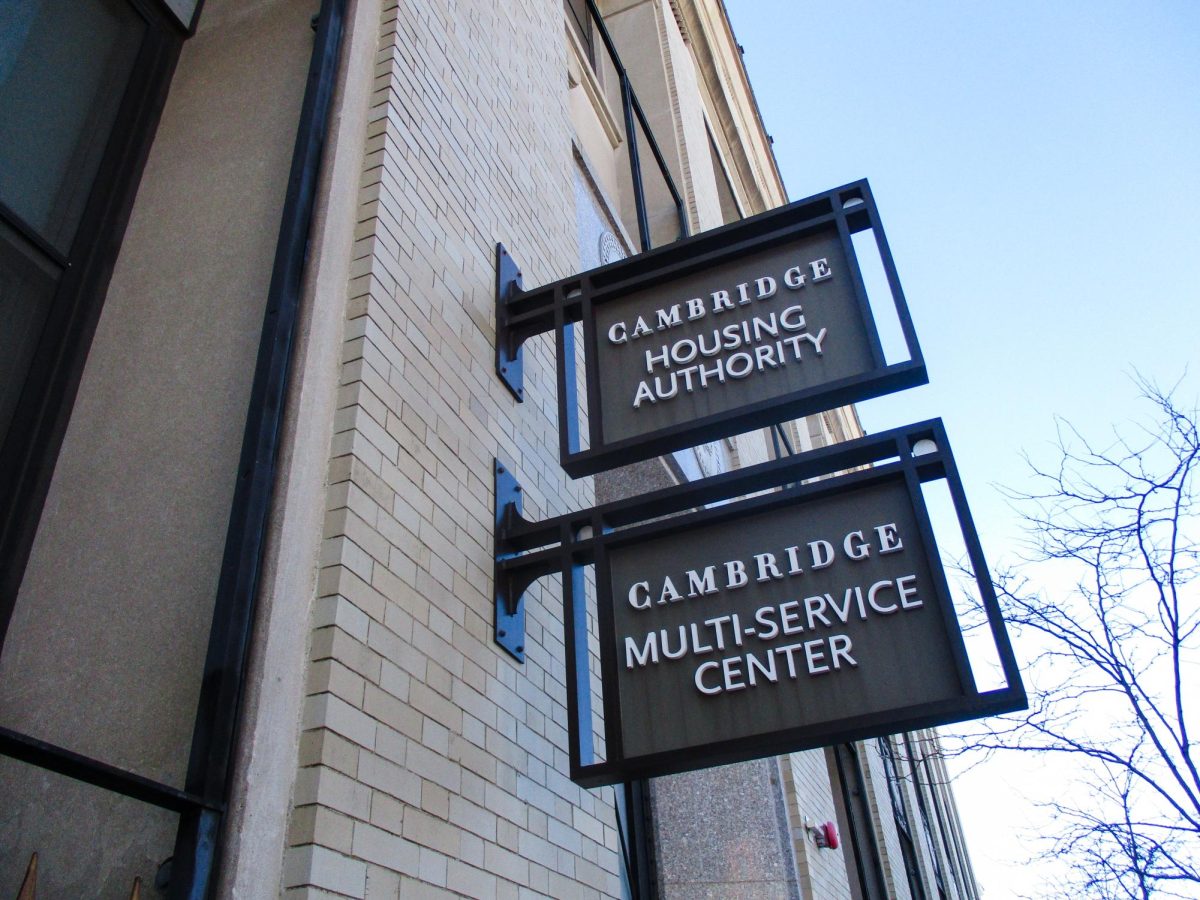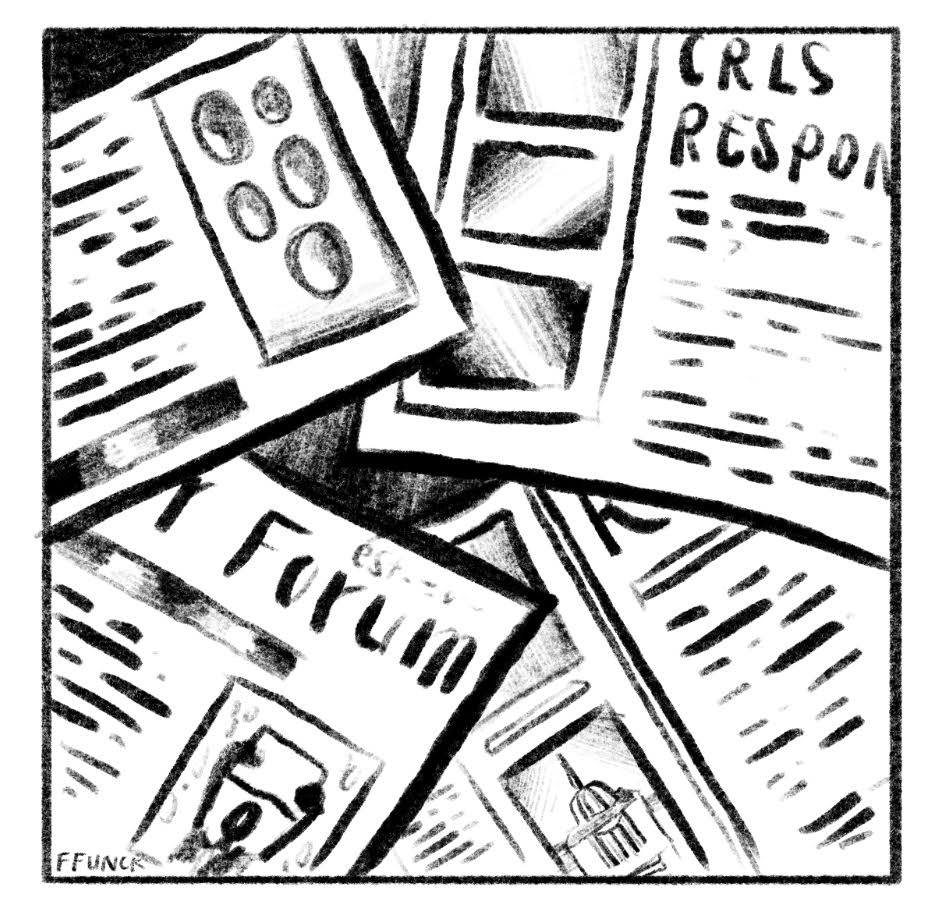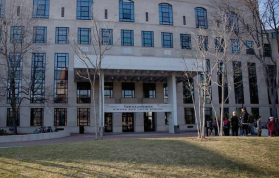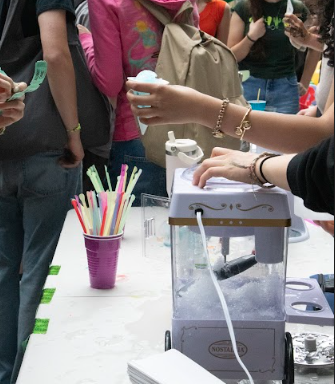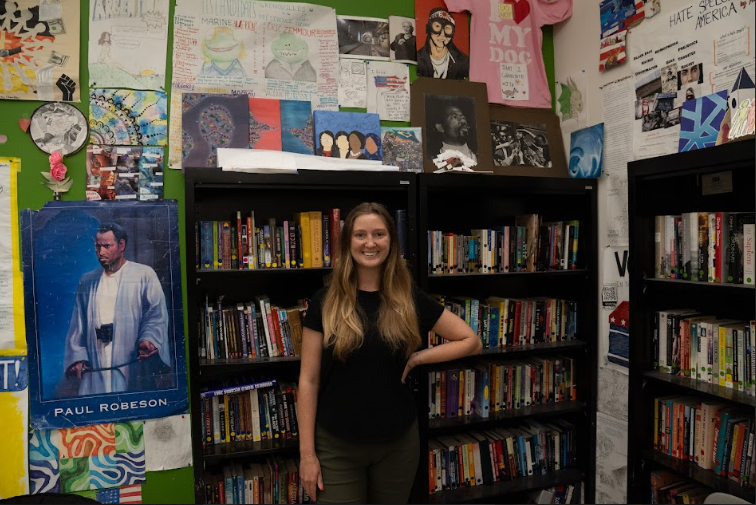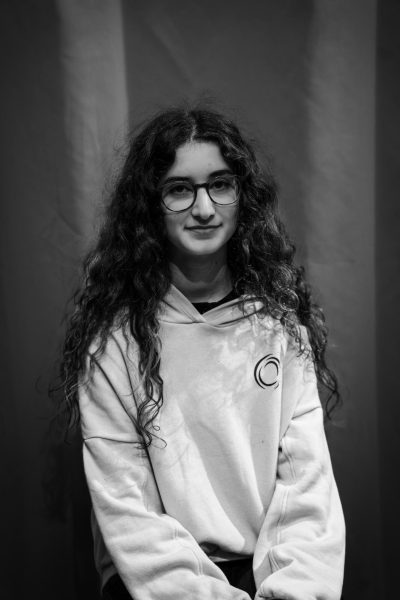The former president of Harvard University, Claudine Gay, resigned this January 2nd amidst cries of antisemitism and plagiarism. She was only six months into her tenure, making history as the shortest Harvard presidency in the university’s 387-year history.
“I think she was a good president,” said Kai Berelowitch ’25. “I don’t think she deserves to be treated this way, and I think it affects people who see this happening.”
The scandal surrounding Gay began at a December 5th congressional hearing where Gay and the presidents of the University of Pennsylvania and MIT were grilled on antisemitism by House members. When asked whether calls for Jewish genocide violated their Code of Conduct, none of the presidents gave a yes or no answer, despite being pressed repeatedly to do so. The backlash was immediate; many called the presidents antisemitic, including a large number of university donors. Others argued that lying under oath can result in being convicted of perjury, which can carry a sentence of up to five years, making the presidents’ hesitancy to give a clear-cut answer to any question more understandable. Still, Liz Magill, UPenn’s president, stepped down within days.
To Luca Palma Poth ’25, this uproar was justified. “People calling for the genocide of Jews does always violate the code of conduct,” he told the Register Forum.
Despite this earlier pushback, the threat to Gay’s career only became real once plagiarism allegations surfaced against her. Most were led by conservative papers, including the Washington Free Beacon and the New York Post, and helped by Christopher Rufo, who alone found at least 50 instances of plagiarized material in Gay’s work. Rufo has made a career out of being a conservative activist and is well-known for kickstarting the movement against critical race theory.
As for the plagiarism allegations against Gay, their true weight remains unclear. While most of the work highlighted by investigations was minor, showing citations attributed to the wrong sentences or commonly-used prose borrowed from others with no acknowledgement, some of these instances are believed to be more significant by experts in Gay’s field. It was the papers’ investigation, followed up by an independent Harvard review, that led to Gay stepping down.
“Obviously, plagiarism is wrong and you shouldn’t plagiarize somebody else’s work,” Dosia Fennell ’25 said, “but I think you could interpret that [President Gay] kind of feels like she’s just being targeted.”
Given that Gay is Harvard’s first Black president and that the far-right was most significantly involved in calls for her resignation, some wonder whether race may have played a role in the process. Genesis Mariano-Gonzalez ’24, who is planning on attending Harvard in the fall, explained that while she still needed to be further educated on the topic, she had some worries to that effect.
“I feel like they didn’t even have to think about it. They were just waiting for her to mess up,” Mariano-Gonzalez told the Register Forum. “No matter what, Harvard is a predominantly white school, so it’s always going to be a culture shock,” she added. “But I feel like now there’s more pressure.”
This article also appears in our January 2024 print edition.

